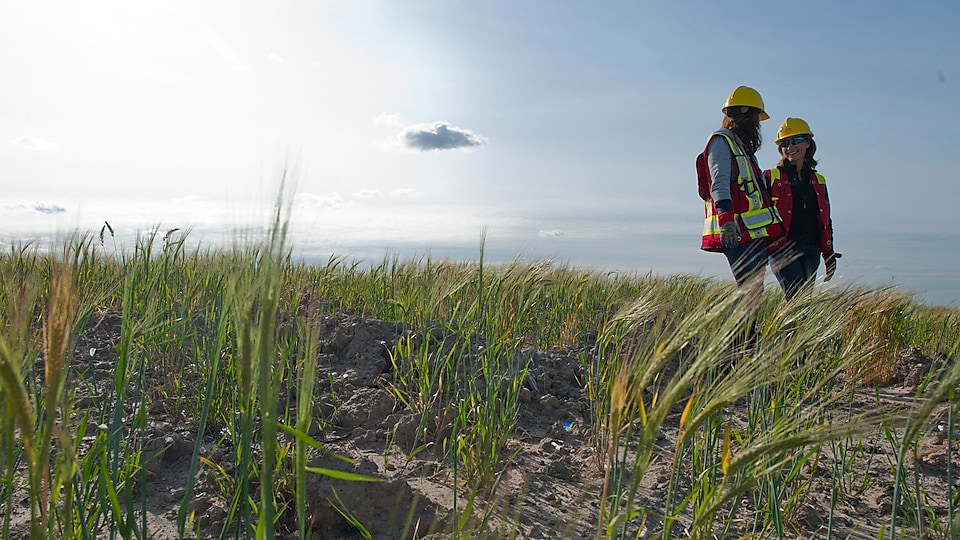
Managing waste
The best way to minimise waste is to avoid generating it in the first place, then to reuse or recycle any we cannot avoid.
We aim to reduce the amount of waste we generate. In our operations and supply chains, we are also starting to explore a circular economy approach, which is based on the concept that things are designed to last longer, be reused, repurposed or recycled. We are looking at options to reduce the amount of material used in packaging by selling products, such as lubricants, in larger packs. We use recycled material in packaging where technically possible.
Our main sources of non-hazardous waste include soil from excavations and drill cuttings (materials removed from the ground during drilling such as rock and soil). Where possible, hazardous waste – such as process water from our chemical plants and refineries – is treated on-site or removed for treatment or safe disposal.
Decommissioning
When we decommission a refinery onshore, we safely remove our equipment and restore the land. Decommissioning an offshore facility can be more complex, so we take time to identify an appropriate solution that balances environmental, safety and economic factors.
If possible, we recycle platform components so they can be reused on land. We have set a target to recycle 97% of the above-water components of our Brent field platforms in the North Sea, our largest decommissioning project to date.
Read about the Brent decommissioning project on our UK website
MORE IN Sustainability
Air quality
We take steps to reduce airborne pollutants from our operations and help customers reduce their impact on air quality by using our products.
Biodiversity
Our projects can affect local natural habitats and communities that depend on them. Read about our work on biodiversity around the world.

